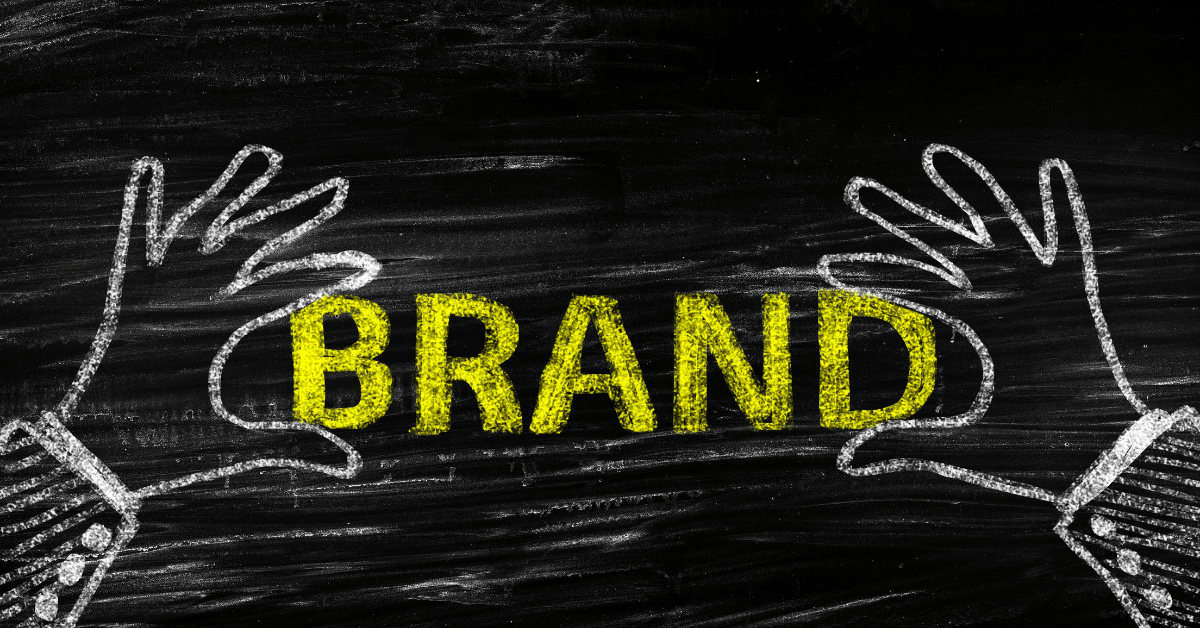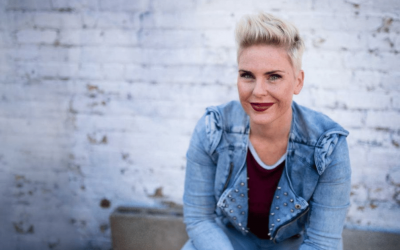Marketing Fad or Trend?
The marketing phrase of the year just might be, “personal brand.” And you might be saying, “ugh, really? Is this another millennial me-me tactic?” While personal branding isn’t a new concept, lately, it’s hittin’ the scene like Britney did in 1999. Despite the pretentiousness the name might evoke, to have a developed personal brand is essential to be a person living in step with who you truly are and what you believe in. It’s being an authentic person that marches to the beat of your own drum, whether others like it or not, and in my world, that’s pretty kick a**. And no, it’s not a millennial tactic. Just ask Peter Shankman, not-a-millennial, entrepreneur, author, customer service guru and best known for founding HARO, an online service for journalists to gather feedback from the public (one of the best PR inventions on earth, I might add), and he’s rockin’ his personal brand, a bit better than he rocks the spandex. “Having an audience is like wearing spandex, it’s a privilege, not a right.” – Peter Shankman Recently I had the pleasure of masterminding with Peter at a conference, and he illuminated the essence of what it is to have a personal brand and to live it, for the benefit of your customers. Peter says, “Connect the brands that you respect, with the audience who respects you, for the benefit of both parties.” Peter has secured numerous spokesperson gigs with brands, by mastering the practice of connecting brands that he respects, with an audience that respects him. Based on this, it seems that to have a successful personal brand, for at least some, is not a fad. The key is, tapping into what your personal brand really is.
What is a Personal Brand? Unfortunately, the concept of a personal brand has earned a bad reputation as a way for people to boast about their self-proclaimed awesomeness, this is often seen on social media. The mistake that some professionals make is believing that social media immediately increases their value to their audience. Providing valuable content, sharing experiences that others relate to and building trust with that audience is what gives a person permission to provide value. Social media doesn’t make you the authority, building trust with your audience makes you the authority, social media is just the vehicle. Think of this example, I post a selfie of myself looking extra cute with the perfect pouty lips, does my audience care? No. Versus, I post a selfie of myself looking extra cute with the perfect pouty lips while kissing a puppy and raising money for an animal rescue that I believe in. I just went from self-absorbed cute girl on social media that my audience doesn’t care about to somewhat self-absorbed cute girl raising awareness for a cause I believe in, one of these images has value that an audience can relate to and take action on, where the other has value only to me. As Peter says, “stop chasing the likes and start doing more likable things.” Peter’s brand is high-speed but focused, as a person living with ADHD his brand is about embracing what makes him different and using it to his advantage and he talks about this on his Podcast, Faster than Normal. His brand is being a dad to a toddler, and he isn’t afraid to say, “I don’t know what the heck I’m doing.” His brand embraces technology, travel, is a bit geeky. He’s the everyday guy who embraces fitness and runs the races but will never win, and he does it anyway. And, there’s a lot of people like him, who relate to him and trust him. This gives him power in his personal brand.
Peter illuminated this concept with a great example: when he wanted to know what type of diapers to get for his daughter, he didn’t call Pampers. He asked his fellow Dad-friends for their advice. When I had a major life shift in nutrition and exercise and lost a bunch of weight, within days of posting about my journey on social media, my inbox was flooded with questions from friends and family wanting to know what exercise they should do and what they should eat. Because I embraced health, and because I shared that story, it has become part of my personal brand. In addition to valuing health and wellness, my personal brand is metalhead, meets farm queen with hardworking values, an overcomer with a positive outlook, a loving heart, and an obsession with SharPeis. This is echoed in the content my friends share with me on social media… heavy metal yoga, when she loves metal, head-banging dude on bike and SharPei tries to eat a Strawberry. If metalheads & SharPeis are your thing, friend me on Facebook. We know people who are like us, we share something in common in some way. And we trust our friends. This is why a personal brand matters. People turn to those they know and trust when they are seeking advice on a subject. Done correctly, a personal brand is much more than self-promotion. A personal brand is what others feel about you. That feeling or emotion is formed based on what you publicly stand for and how you live your life. That’s your personal brand. Who Should have a Personal Brand? Everyone can benefit from asking themselves the thought-provoking questions that define what your personal brand is. This doesn’t mean that everyone needs to be public about their personal brand. You should develop a personal brand if you are an entrepreneur, seeking a better job, you want better contacts and clients for yourself or your company, you want industry recognition or you work in sales. If you’re job seeking, you can use your personal brand to prove to your new potential boss why you are the person that he/she needs on their team. If you are seeking contacts and clients, having a personal brand can develop trust in your relationships, thus leading to referrals and sales. A personal brand helps you gain industry recognition by standing out from others. Depending on your field, you may be in a space that requires you to stand out and separate yourself from the competition. As a salesperson, creating a personal brand allows you to be more appealing to your target audience. Steps to Develop your Personal Brand: Personal branding helps you define your life priorities, focus on what matters most, and take the steps to achieve your goals, and this can be a public or private action. Asking the question, what is my brand, allows you to dive into the deeper meaning of what you want out of life and what you stand for. Here are five practical steps to get in touch with and build your personal brand.
Step 1: Get in touch with YOU
Who are you at the core? What are your qualities? Your personality? Your values and passions? Nobody wants to build a brand around their fake self! Your brand is a reflection of who you are and what you believe. People connect with people and building your personal brand is all about connecting with other people. This doesn’t mean you need to be liked by all people. This means, you need to be authentic to who you are, and you will tap into your best ideal contacts and clients that you are meant to work with.
Step 2: Develop Content
You can build your credibility by teaching what you know. Create content that you know about and are passionate about and then find ways to share it. Sharing your content through blogs, video, and more will help you accomplish step #3
Step 3: Build an Online Community
Build your online community or audience by sharing content and participating in online forums. Provide a piece of value and give it away online in exchange for the recipient’s email address in order to build your email list, then send that person relevant content over time to continue engaging with them online.
Step 4: Give Public Talks
Do public speaking, workshops or retreats to educate others on your area of expertise. This builds credibility as an educator and leader in your field.
Step 5: Continue Learning
As people, we continue learning and growing personally and professionally. Seek to continue expanding your knowledge and stay a relevant leader in your field. If you’re looking for something with more depth, I like this complete guide to developing your personal brand that Neil Patel offers. Peter Shankman has two self-proclaimed speeds, “Namaste and I’ll cut a b***ch” and he embraces the concept of ADHD as a gift, not a curse. Amber Swenor is a dog-loving, heavy metal, marketing diva. What do you stand for?





0 Comments